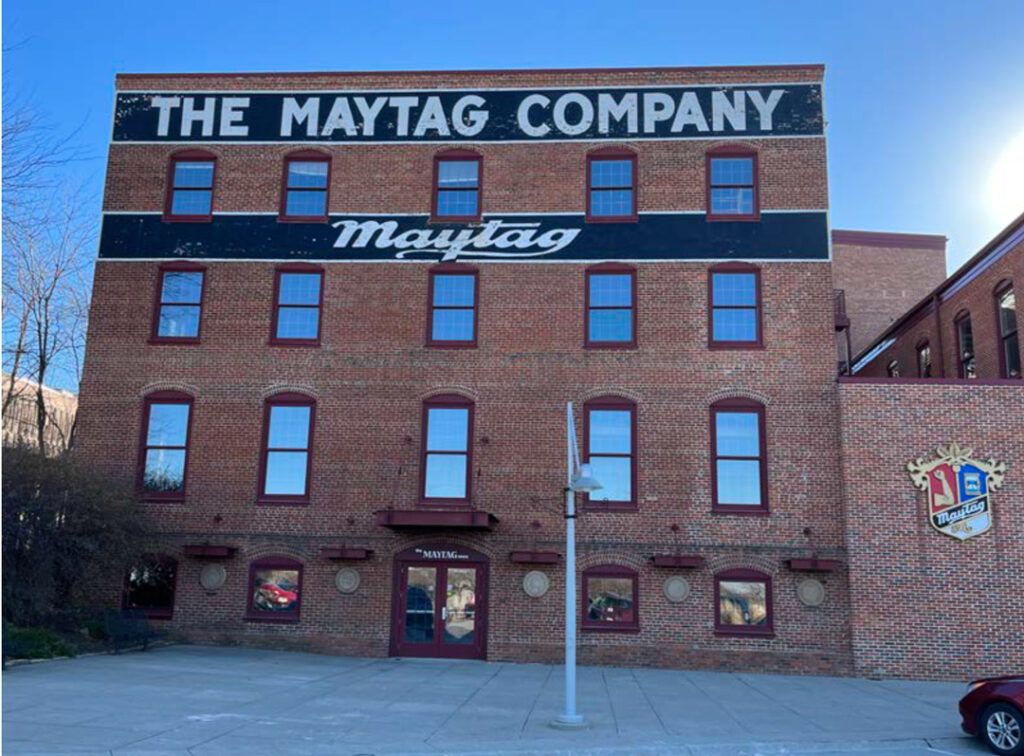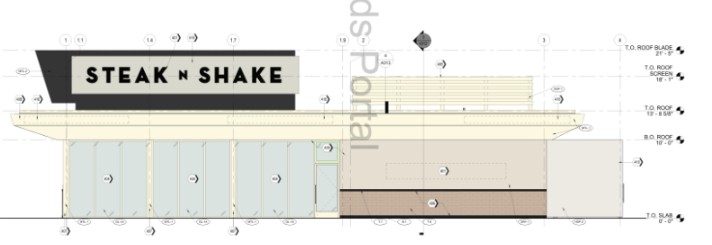Compromise seen as solution in debate over state’s ‘bottle bill’

MICHAEL CRUMB Feb 16, 2021 | 5:47 pm
5 min read time
1,111 wordsAll Latest News, Government Policy and Law, Retail and BusinessA move to make changes to the state’s beverage container redemption law, commonly called the “bottle bill,” may be coming to a head with the introduction of several bills in this year’s Legislature.
The bills that have been introduced call for everything from repealing the law to forcing distributors to account for unpaid deposits when bottles and cans aren’t returned to where they were bought.
The law, adopted more than 40 years ago, has been at the center of a long-running debate as grocery stores and the Iowa Grocery Industry Association have fought to change or repeal the bill, citing health concerns and the cumbersome financial arrangement that often results in retailers losing money. Stores pocket a penny on each container they handle, but if a distributor doesn’t reimburse the full nickel paid to customers when containers are returned, stores may recoup even less.
After years of “kicking the can down the road,” this could be the year that lawmakers change the law, which was originally enacted to reduce litter and keep containers out of landfills, said Rep. Brian Lohse, R-Bondurant.
Lohse is the sponsor of House File 151, which allows for several changes to the law, including allowing a retailer to opt out of accepting containers for redemption from customers if a redemption center is within 20 miles of the business.
The measure also would increase the handling fee distributors pay to stores from a penny a container to 2 cents, and unclaimed deposit money held by distributors would be divvied up among the state treasurer, the Iowa Finance Authority’s Shelter Assistance Fund and the Emergency Food Purchase Program, administered by the Iowa Department of Agriculture and Land Stewardship. Distributors would also be required to submit a detailed report to the Iowa Department of Natural Resources, accounting for the unpaid refunds.
Lohse said that he doesn’t see support this year for the bottle bill to be repealed, but that other changes, such as those outlined in the measure he introduced, could gain traction.
“We’ve talked about it the last couple of years but it hasn’t been on a list as a priority,” he said. “There is a whole lot more attention and buzz to the need to do something this year.”
Some of that attention is the result of the coronavirus pandemic and increased concerns about public health related to the return of used beverage containers, Lohse said.
Gov. Kim Reynolds placed a moratorium on the redemption of containers in the early months of the pandemic, but the restriction was lifted at the end of July, a move that grocery stores and the statewide industry group opposed.
Lohse said the current law is antiquated and should be repealed.
“If I had my druthers, it would end over a short period of time,” he said. “More than 84% of Iowans are covered by a recycling program. Most people simply put the cans and bottles in their recycling bin. They don’t take them to the grocery store. One of the things the bill was meant to do was to raise the discussion of recycling our cans and bottles rather than throwing them in the ditch, and it’s done a great job. This is not a conversation people are having anymore.”
But he doesn’t see a repeal happening.
“I don’t think there’s enough will in either the House or the Senate to repeal it,” Lohse said.
If the law is to remain, changes are needed to increase to help redemption centers thrive to make sure containers get back in the hands of distributors and recyclers, Lohse said.
A big part of that would be increasing the handling fee, he said. Another would be the accounting for unpaid deposits.
“I think those two concepts are probably, if we get something done, those are the most likely candidates for doing something on the bottle bill this year,” Lohse said.
Michelle Hurd, president of the Iowa Grocery Industry Association, said the organization’s chief concern is “providing clean stores where people can purchase safe food.”
“We support legislative options that would allow us to do that, taking retailers out of the redemption business,” Hurd said. “It’s problematic to operate a redemption center inside a grocery store. We support legislation that allows grocery stores the ability to have some flexibility there to make sure we can focus on our primary concern, which is providing people a place they can purchase safe food.”
Another issue is what is called the convenience standard, which allows stores to opt out of accepting containers for redemption if there are redemption centers nearby. The state grocery industry association filed petitions last year asking the Iowa DNR to clarify its procedures for certifying redemption centers, claiming the state has been inconsistent in its enforcement of the standard.
The DNR denied the grocery industry group’s request, and the association filed a petition for judicial review. That process is handled by the attorney general’s office, and according to Amie Davidson, land quality bureau chief for the DNR, a decision is not expected until the end of April.
Until then, the DNR is waiting to see what action is taken by the Legislature, Davidson said in an email to the Business Record.
Some of the bills introduced this year address the convenience standard, setting it at 20 miles, giving retailers the ability to opt out of accepting containers if a redemption is within that distance.
Lohse’s bill was introduced in the State Government subcommittee on Jan. 21. Others, such as Senate Study bills 1087 and 1160, advanced out of their respective subcommittees last week. Other bills that have been introduced include House File 156, House File 182, House File 321 and House File 152, which is a companion bill to Senate Study bill 1087.
House Minority Whip Jennifer Konfrst, D-Des Moines, said work is being done to create a compromise that combines those bills, but she didn’t have a timeline for when movement may be seen, although she believes there is support to change the law, rather than repeal it.
Hurd said the number of bills filed this year may be indicative of growing sentiment that the current system is no longer working, and the solution may lie in a compromise that combines elements of the bills that are working their way through the Legislature.
“I think there are pieces of all the bills we support,” said Hurd, who noted her group also supports building a robust network of redemption centers. “I think that is part of it, as all the stakeholders continue to have discussions, you may see bits and pieces of each of those that will be the part of the ultimate solution.”










